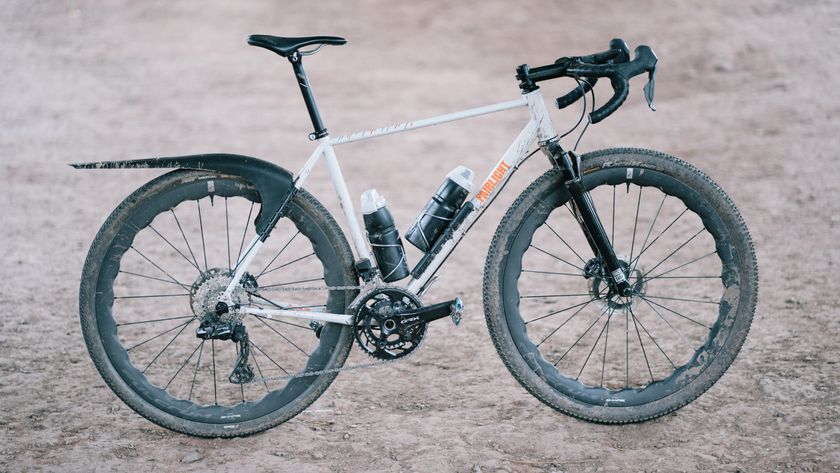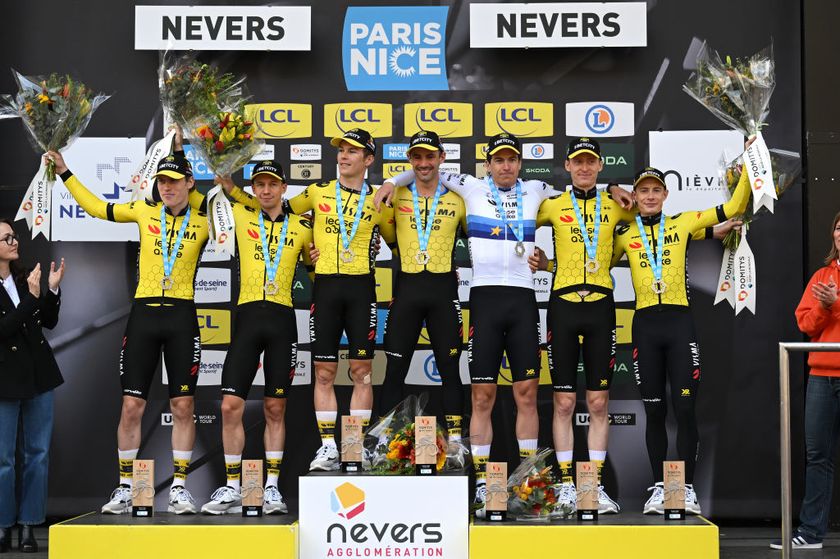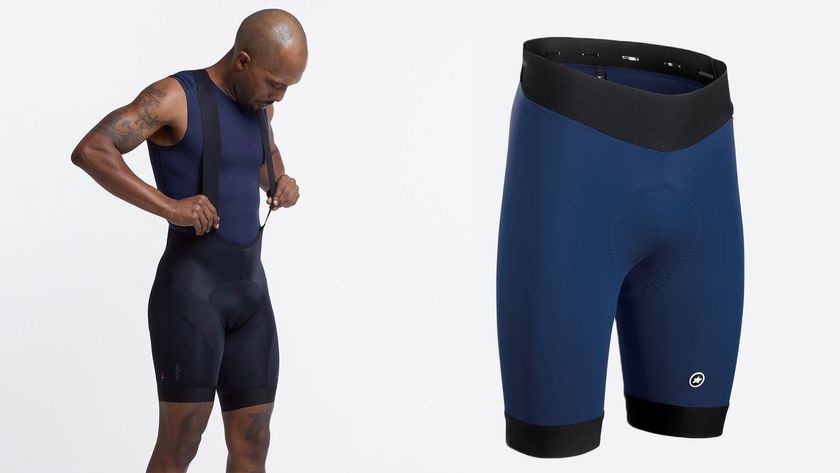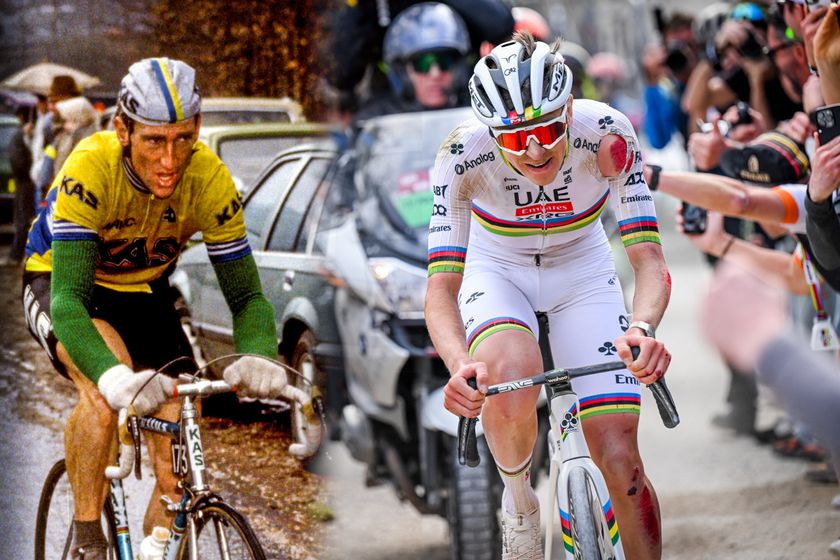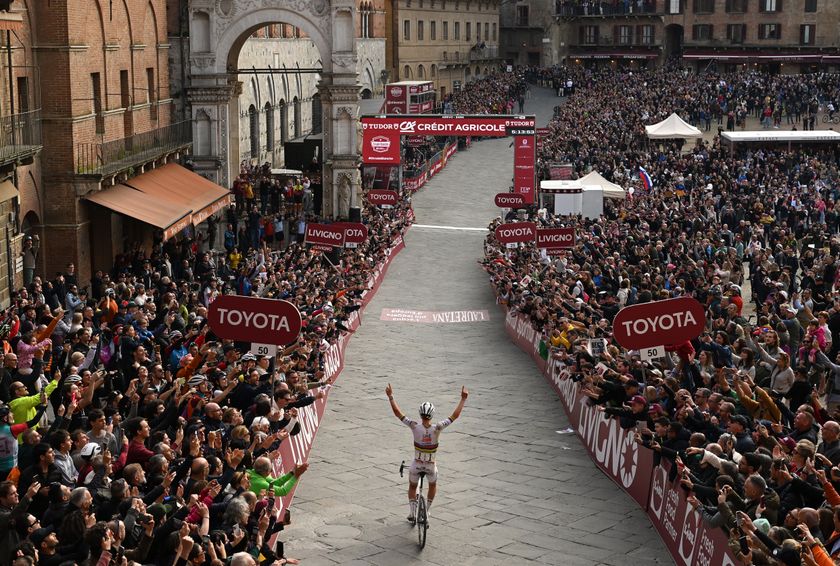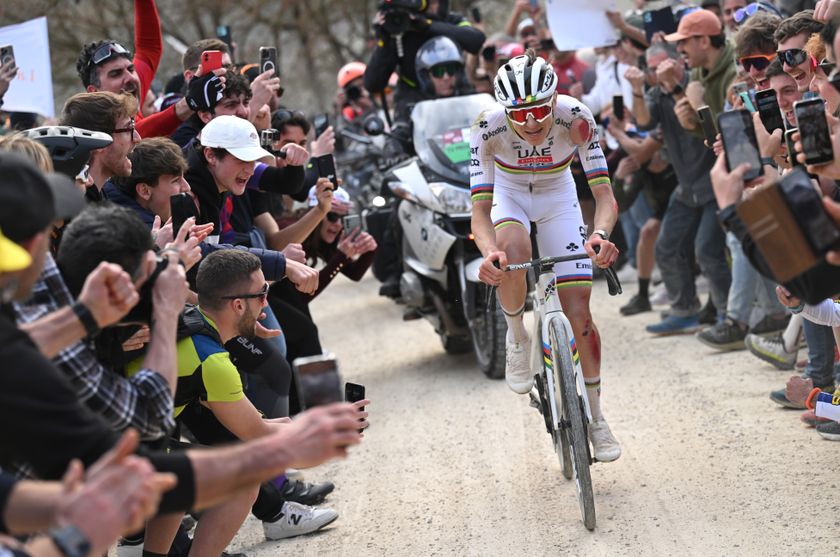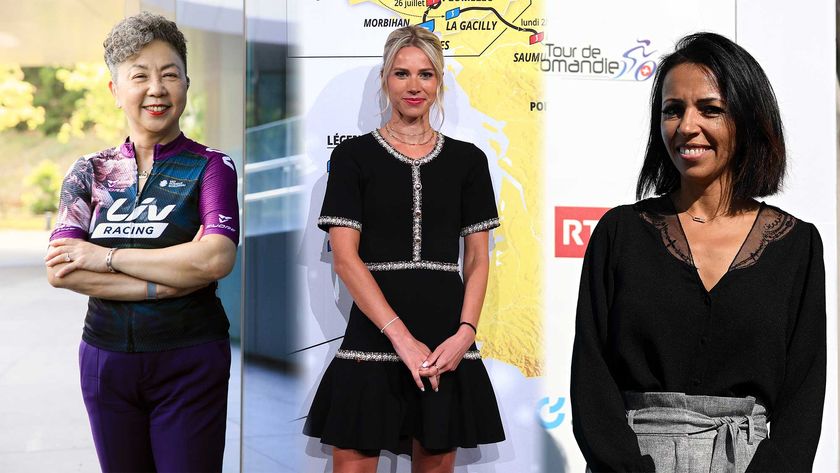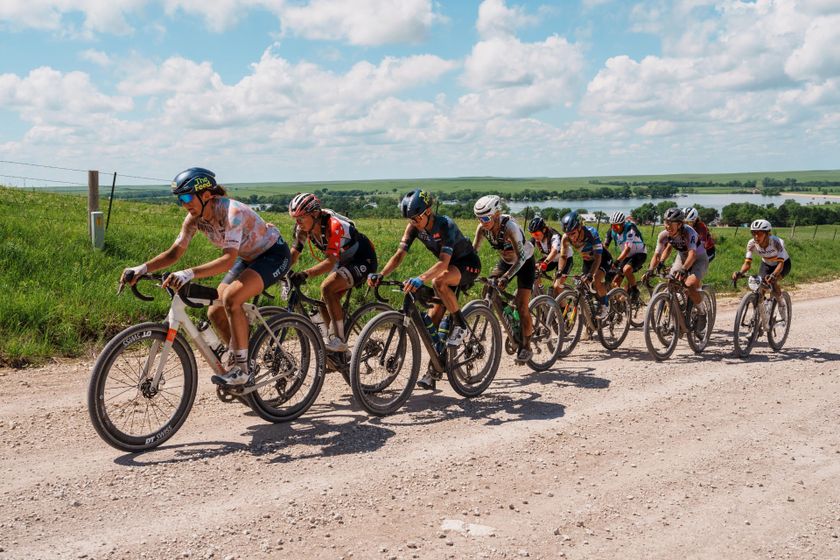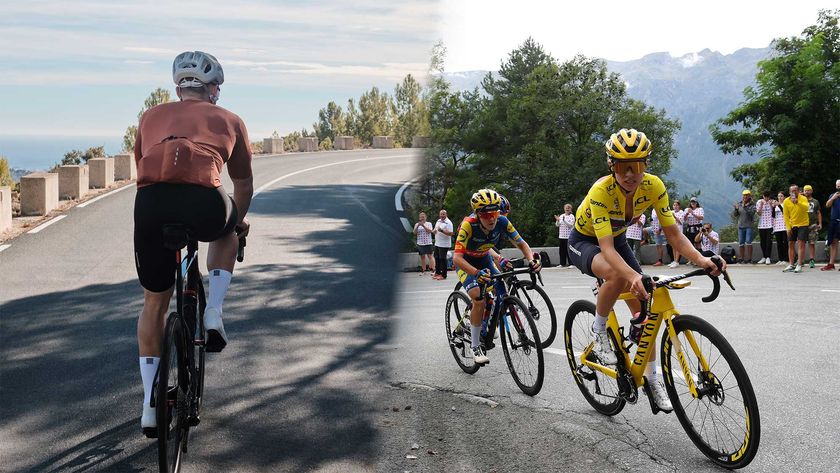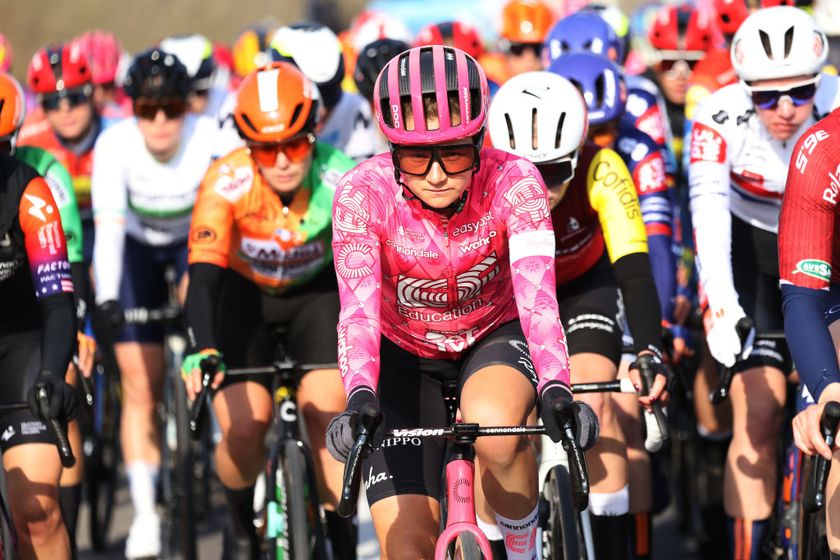McQuaid welcomes upholding of Valverde sanction
UCI will explore avenues to impose a worldwide ban






UCI President Pat McQuaid has said that the governing body will push on with its bid to impose a ‘minimum two-year ban’ on Alejandro Valverde, while also considering the conversion of his Italian suspension to a worldwide one.
The Irishman welcomed Tuesday’s announcement that the Court of Arbitration for Sport dismissed the rider’s appeal against his ban in Italy, whereby CAS ruled that the Italian Olympic Committee (CONI) was entitled to discipline the rider, and said that he would not be able to resume competition in that country until May 10th, 2011.
“Obviously the UCI is pleased with the decision today,” McQuaid told Cyclingnews. “Just like [Ivan] Basso and [Michele] Scarponi, who served two-year bans, the UCI has always felt that Valverde was implicated in Puerto too. Therefore we feel that he should serve the same [ban] as anybody else, he shouldn’t be treated any differently.”
Valverde was linked to Operación Puerto when the scandal broke in May 2006, having previously ridden for the Kelme-Communidad Valenciana squad for whom Dr Eufemiano Fuentes had worked. Despite the suspension of other riders such as the aforementioned Basso and Scarponi, the 29-year-old Spaniard has thus far not been sanctioned, except for the Italian ban.
In the meantime, he has won some of the biggest races in the sport, including the 2009 Vuelta a España (pictured below), three stages of the Tour de France, two ProTour titles, two editions of Liège-Bastogne-Liège and two Daphiné Libéré races.
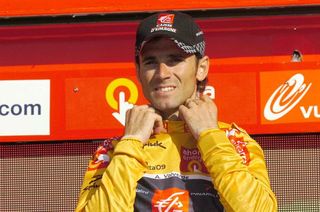
The UCI appears to have two options in its pursuit of a wide-ranging sanction for Valverde. The first is convert the Italian ban to a worldwide one, something which would appear to be possible under article 366.1 of its own anti-doping code, which states:
“Recognition of decisions by other organizations:
Get The Leadout Newsletter
The latest race content, interviews, features, reviews and expert buying guides, direct to your inbox!
366. 1. Subject to the right to appeal provided in chapter XI, the Testing, therapeutic use exemptions and hearing results or other final adjudications of any Signatory to the Code which are consistent with the Code and are within the Signatory’s authority, shall be recognized and respected by the UCI and the National Federations.”
The second is to force the Spanish Cycling Federation (RFEC) to take disciplinary proceedings against the Caisse d’Epargne rider, something it has previously refused to do. This will be dealt with in CAS’ second hearing, taken by the UCI and WADA against Valverde and the RFEC, starting on Thursday.
McQuaid said that the UCI would wait before deciding its next course of action. “First of all, the UCI has to study the CAS decision which came today… it runs to 48 pages,” he explained. “We have to examine that in detail, and the reasoning behind it.
“It is true that the case against Valverde is coming up this week. We will see how that case goes, and then we will decide in the medium-term as to what the best strategy is. The CONI ban was done under Italian law with the CONI authority and so forth, so we have to fully study the reasonings to see if it can be applied worldwide. We also have the other case going forward, so we will see what happens.”
He added that no decision would be made yet on possibly disqualifying Valverde from results he has achieved. “That is a legal question that I really couldn’t answer now,” he said. “When this all came out in the afternoon, this wasn’t something that came up in the different discussions that took place in the office. I don’t know what will happen in relation to that.”
A matter of time
If the UCI was to lose this week’s appeal but successfully convert the CONI ban into a worldwide sanction, Valverde would be unable to race until May 2011, the end of the Italian ban. Any delays or appeals would see this 14-month suspension being further reduced as time ticks by.
However, if this week’s CAS appeal is successful, a two-year ban could be introduced and would rule him out of two Tours de France.
“A longer ban would obviously be preferable,” McQuaid said, explaining the importance to the UCI of the second CAS appeal. “If it is a proven case of doping, or being involved in a doping scenario, then it should be a minimum two-year ban.”
McQuaid said that he considered that Valverde’s legal team have been deliberately playing things out. “They have been stalling for time, absolutely. They have been doing that from the beginning, they continue to do it, and it is completely ridiculous. It is very unfair to the sport.
“This has been a long, frustrating battle, a long, frustrating affair that has unfortunately dragged cycling through the mire. Undeservedly so. It could have and should have been sorted out much, much quicker. We are moving forward fairly rapidly in the anti-doping area, yet this is a cloud hanging over cycling’s head which it doesn’t need.”
It seems likely that there will be further delays before a final resolution, however. Soon after the CAS decision was announced on Tuesday, Valverde’s legal team slammed the outcome. It reiterated claims that one of the three CAS arbiters was not impartial, due to his previous work for the World Anti Doping Agency.
They also said that Spanish law prohibited using samples from Operación Puerto while a judicial case is ongoing and that Valverde’s human rights had been infringed.
"The lack of impartiality from this panel and the clear violations of fundamental rights mean that we won't comply with it and [we will] continue our legal proceedings through the Swiss Federal Court," his lawyers vowed.
McQuaid explained that such an appeal would delay the governing body from being able to convert the ban. “If he does appeal it to the Swiss courts, that restricts the UCI from doing anything because the CAS decision would be under appeal,” he said. “So that is another aspect to it. [Consequently], we are prepared to go through these proceedings at the weekend and see what the outcome of that is.”
